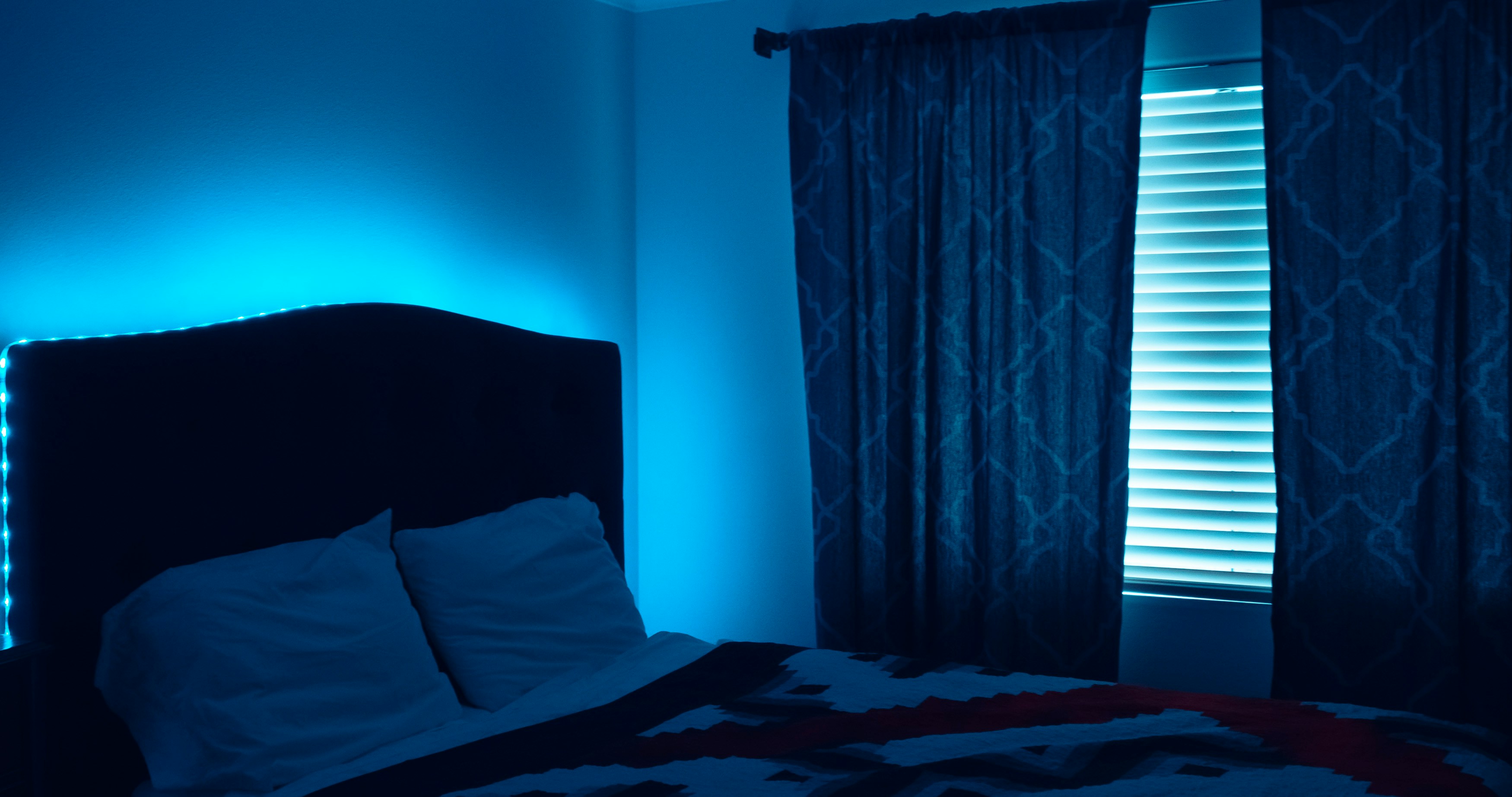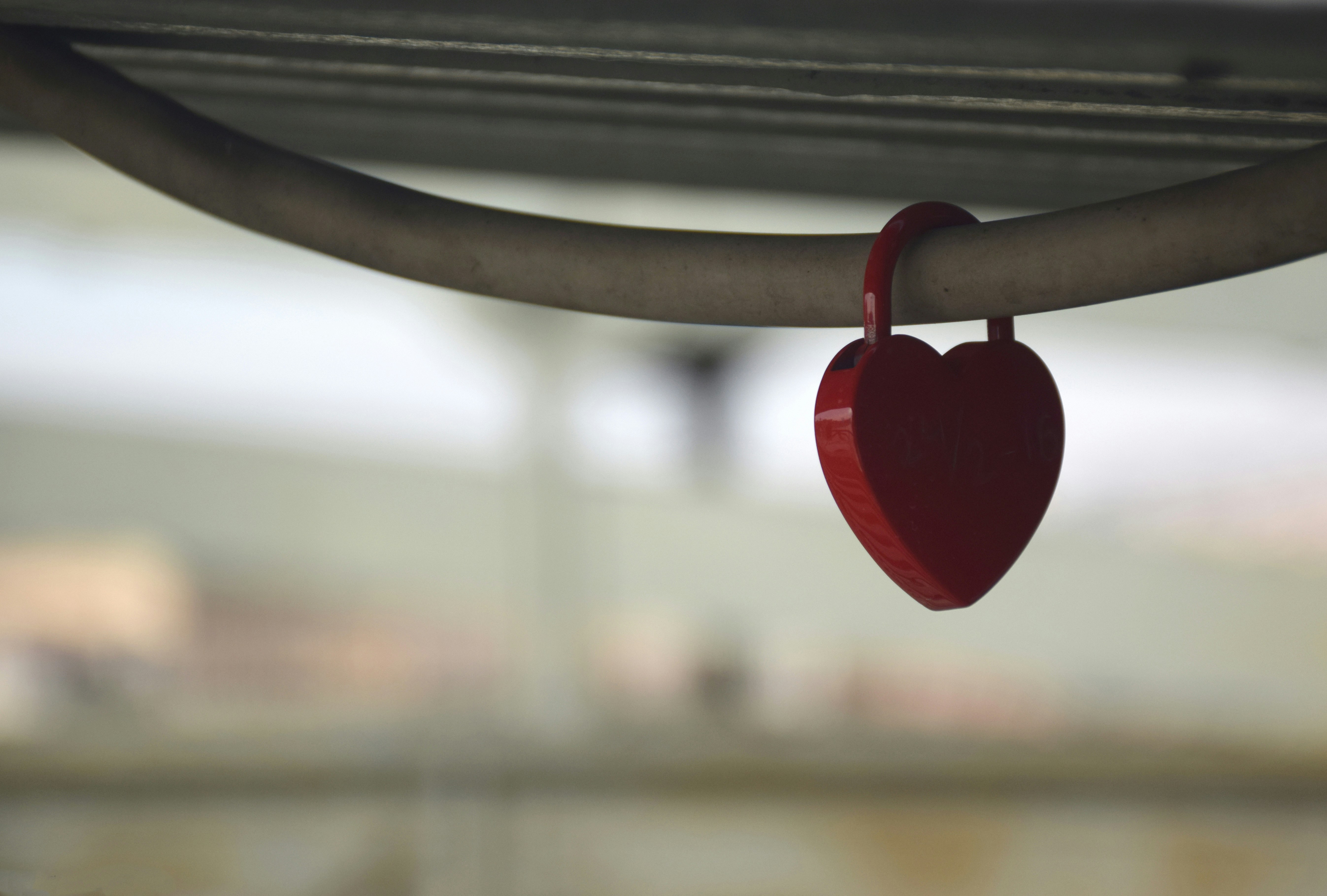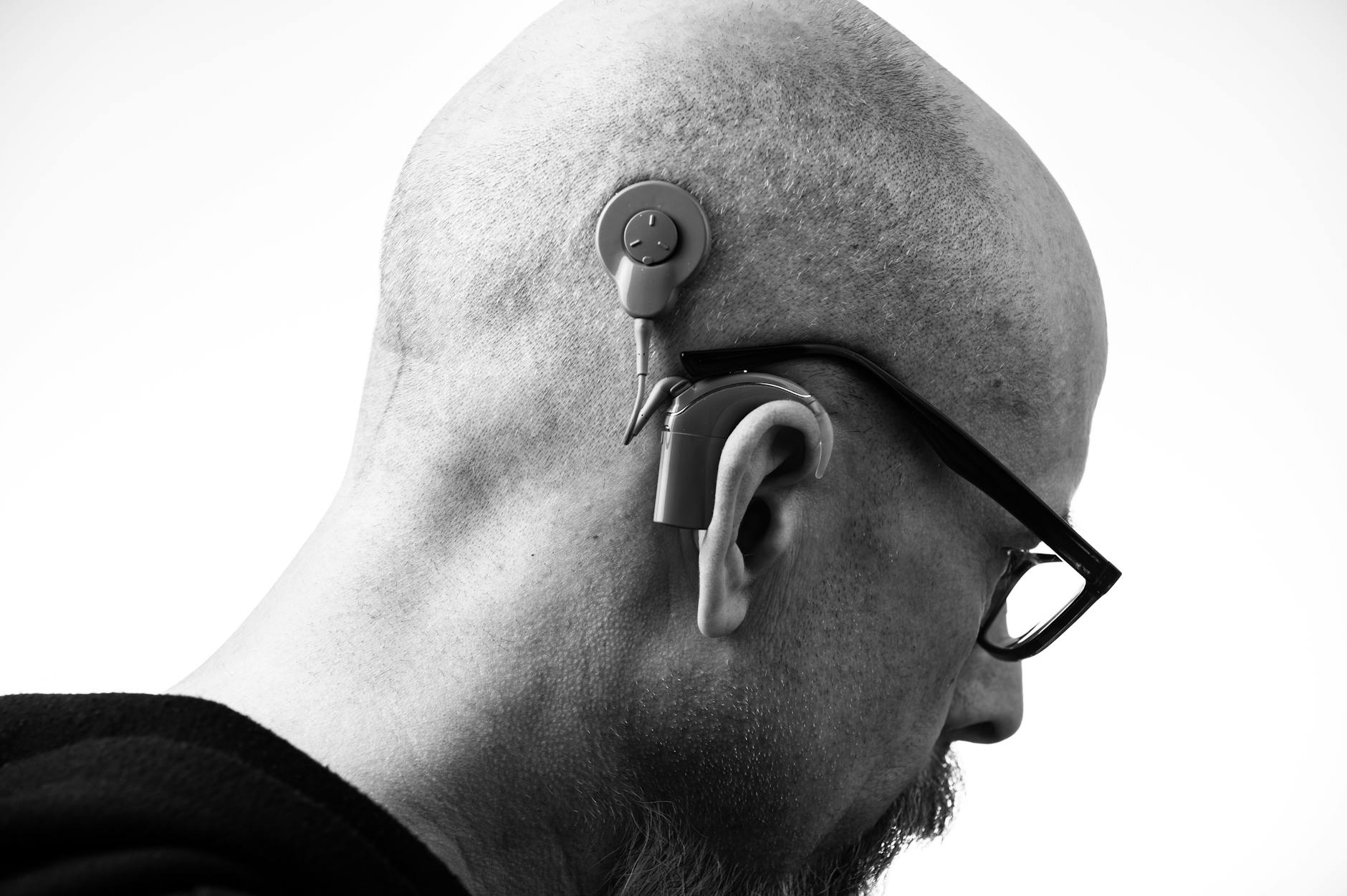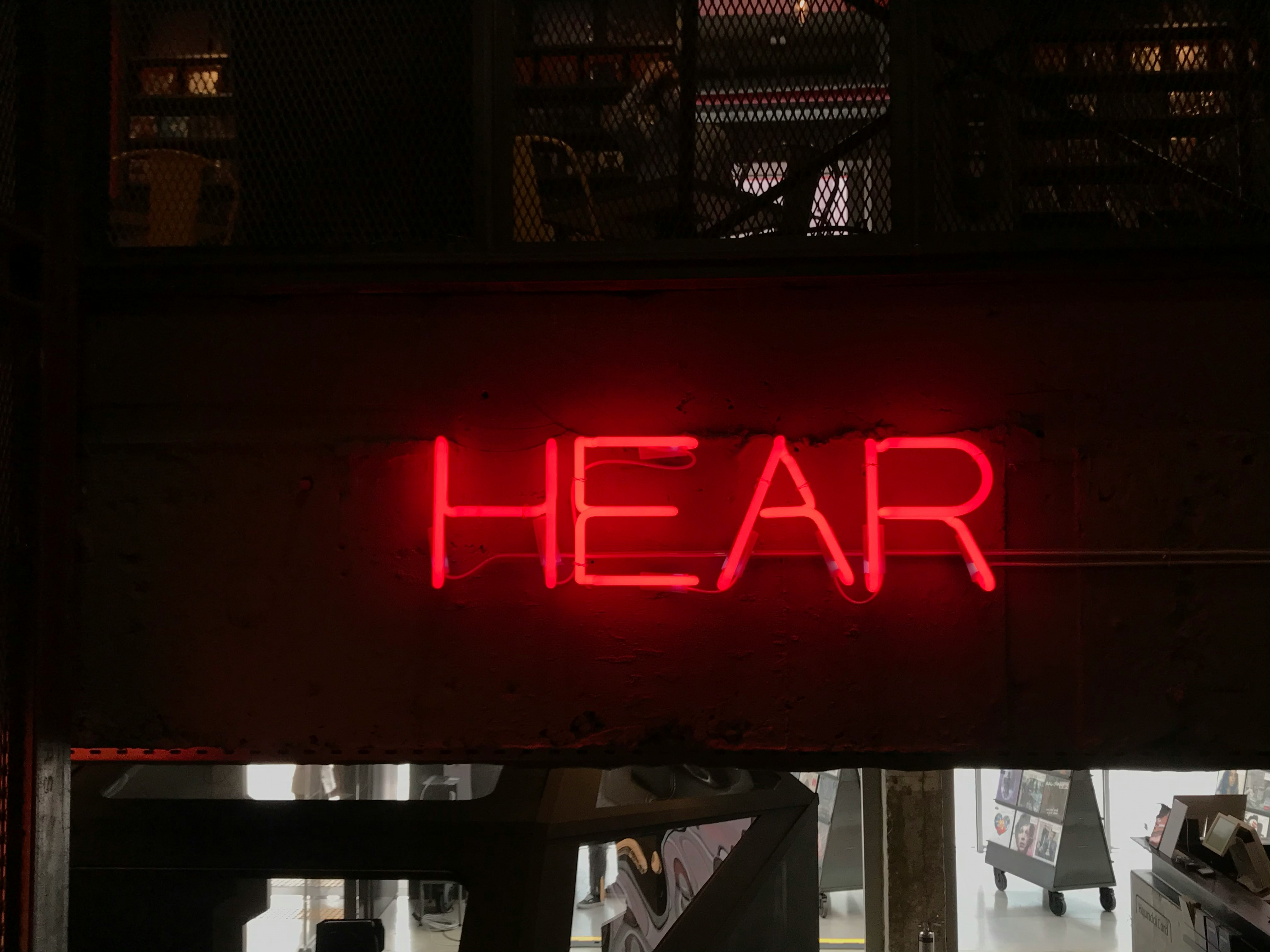Ever wake up tired, then notice conversations feel fuzzier than they should? Your ears might be tired too. It turns out the way you breathe (and the noise you make) at night can shape how clearly you hear in the morning. Let’s unpack the sleep–hearing link and give you an action plan that protects both your zzz’s and your decibels.
The sleep–hearing connection in plain English
Obstructive sleep apnea (OSA) is when your airway repeatedly collapses during sleep, causing brief pauses in breathing. Each pause can drop oxygen levels and jolt your body awake just enough to keep you out of deep, restorative sleep. Snoring is the sound of turbulent airflow through a narrowed airway; it often tags along with OSA but can also occur without it.
Why would this matter to your ears? The inner ear (especially the cochlea’s delicate hair cells and the stria vascularis that powers them) relies on constant, well-oxygenated blood flow. Repeated dips in oxygen, spikes in blood pressure, and inflammatory stress are the nighttime cocktail that can strain these tiny structures. Over time, that may translate into higher risk of sensorineural hearing loss and tinnitus, and more trouble understanding speech in noise—even if your daytime hearing test looks okay at first glance.
What the research actually says
- People with untreated OSA are more likely to show signs of hearing problems compared with those without OSA. Studies link greater apnea severity with worse high-frequency thresholds and poorer speech-in-noise performance. Association isn’t proof of causation—but the pattern is consistent enough to take seriously.
- Tinnitus and OSA frequently travel together. Poor sleep can make tinnitus more noticeable, and tinnitus can disrupt sleep, creating a loop that feeds itself.
- Treating sleep apnea improves sleep quality, daytime energy, and cardiovascular health. Whether it directly improves hearing thresholds is less clear in current evidence. Some people report less intrusive tinnitus and better listening stamina once their sleep is stabilized.
Bottom line: Healthy sleep supports healthy hearing. If you snore loudly or have OSA symptoms, your ears are one more reason to act—not to panic.
Snoring is a noise exposure—for both of you
Noise isn’t just leaf blowers and concerts. Night after night, snoring can be loud enough to disrupt sleep and add to your daily noise dose, especially for a bed partner just inches away. Public health guidance emphasizes keeping nighttime noise low to protect sleep and long-term health; chronic nighttime noise has cardiovascular and stress effects that indirectly touch hearing, too.
Even if snoring isn’t the sole villain for hearing damage, reducing unnecessary noise in your sleep space is an easy win for your ears and your nervous system.
Signs your ears might be feeling your sleep
- Morning muffled hearing or fullness that eases as the day goes on
- New or louder tinnitus, particularly noticeable at bedtime or upon waking
- “I hear you but can’t understand you” in restaurants or meetings
- Needing to turn up TV volume more than your housemates
- Frequent headaches, daytime sleepiness, or dry mouth—alongside loud snoring or witnessed breathing pauses
None of these proves a sleep problem or a hearing disorder on its own. But together, they’re your cue to get both checked.
Your action plan: Protect hearing by fixing sleep
Step 1: Screen yourself (quickly and privately)
- Ask a partner or housemate if you snore or stop breathing during sleep.
- Notice daytime red flags: morning headaches, brain fog, nodding off during the day.
- Try a validated questionnaire like STOP-Bang or the Epworth Sleepiness Scale. If you screen positive, that’s your green light to talk to a clinician.
Note: Wearables can hint at sleep issues but don’t diagnose apnea. If your device flags low oxygen or frequent arousals, bring the data to a professional.
Step 2: Team up with the right pros
- See a sleep clinician (primary care, ENT, or sleep specialist) for formal testing. Home sleep apnea tests are convenient for many, while in-lab studies capture finer details.
- Book a baseline hearing evaluation with an audiologist—especially if you have tinnitus, trouble in noise, or a history of loud snoring or diagnosed OSA. An audiogram and speech-in-noise measures set a clear starting point and can catch issues early.
Gentle nudge: If anything suddenly changes—hearing drops in one ear, ear pain, spinning vertigo, or sudden loud tinnitus—seek prompt medical care. Sudden shifts deserve urgent attention.
Step 3: Treat the breathing—and tame the noise
- CPAP done right: If prescribed, work with your sleep team to fine-tune pressure, mask fit, and humidification. Comfortable CPAP is life-changing for many. Better oxygen and fewer arousals are good for your whole body—including your ears.
- Oral appliance therapy: For some with mild to moderate OSA or CPAP intolerance, dentist-fitted mandibular advancement devices can reduce snoring and apnea events.
- Position and airway: Side-sleeping, managing nasal congestion (with clinician guidance), and addressing allergies can dial down snoring. In select cases, airway surgery is considered.
- Quiet the bedroom: If you’re the bed partner, consider soft, well-fitted sleep earplugs or comfortable sleep headphones with low-level masking sound. Keep room background sound stable and gentle—think a low, steady fan or a dedicated sound machine set just loud enough to cover peaks without being intrusive.
Tip: If you use earplugs nightly, learn safe insertion and cleaning to avoid irritation or earwax impaction. An audiologist can help you choose low-pressure, sleep-focused options.
Step 4: Support the inner ear all day long
- Turn down daytime noise exposure where you can. Use hearing protection for loud tasks and keep personal audio under safe levels.
- Care for your circulation: movement, blood pressure, and blood sugar management all support the microvessels your cochlea depends on. If you smoke or vape nicotine, seeking help to quit is a big gift to your ears.
- Mind the meds: If you take medications with known ear-related side effects, don’t stop them—just ask your clinician how to reduce risk and when to check in with an audiologist.
Hearing aids, CPAP, and bedtime: making them play nicely
- Don’t sleep in your hearing aids unless advised otherwise. Nighttime is for drying and charging (or storing) them safely. A drying kit or electronic dryer can help if you live in a humid climate.
- Mask straps versus ears: CPAP headgear can press on the top of your ears or where behind-the-ear hearing aids sit during evening wind-down. Try strap covers, alternative headgear, or remove aids before mask fitting to prevent skin irritation.
- Ear pressure and fullness: Some people notice ear fullness when starting CPAP, often related to pressure changes through the Eustachian tube. This usually settles; if it persists or hurts, talk with your sleep clinician or an ENT.
- Tinnitus at night: Many hearing aids offer sound enrichment or tinnitus features you can use before bed. After removing aids, continue with a bedside sound source set to a low, soothing level to help your brain “tune out” the ring.
What if I already have hearing loss?
Great question. If you have diagnosed hearing loss or wear hearing devices, getting your sleep in order can reduce listening fatigue, sharpen daytime concentration, and make your technology shine in noisy places. Ask your audiologist about:
- Speech-in-noise programs and directional microphones tailored to busy environments
- Companion mics or TV streamers for clearer audio at lower volumes
- Tinnitus features and bedtime sound routines that fit your sleep plan
A gentle nudge to act today
- If you snore loudly or feel unrefreshed, start a sleep evaluation. Your ears will thank you.
- Schedule a baseline hearing test—especially if you have OSA, tinnitus, or struggle in noisy places.
- Quiet your nights: comfortable ear protection for bed partners, steady background sound, and a snore-reduction plan.
- Protect your days: manage noise exposure, move your body, and care for your cardiovascular health.
Small changes add up. Better sleep tonight can make tomorrow’s conversations crisper and less exhausting.
Further Reading
- Your Blood Pressure Talks to Your Ears: The Heart–Hearing Connection You Can Improve Today (Hearing Loss) - Diabetes and Your Hearing: What High Blood Sugar Does to Your Ears (and How to Protect Them) (Hearing Loss) - Long COVID and Your Hearing: What We Know (and What to Do Next) (Research) - Menopause and Your Ears: How Hormones Shape Hearing, Tinnitus, and Balance (Hearing Loss)Frequently Asked Questions
Can treating sleep apnea improve hearing or tinnitus?
Treating sleep apnea improves sleep quality, daytime alertness, and cardiovascular health. Some people notice their tinnitus becomes less intrusive and their listening stamina improves when sleep stabilizes. Current research hasn’t definitively shown that CPAP or oral appliances reverse established hearing loss, but they may help protect your ears over time by reducing intermittent hypoxia and stress. If you have tinnitus, ask your audiologist about sound therapy and tinnitus features in hearing aids.
Is snoring loud enough to damage hearing?
Snoring can be surprisingly loud at close range and can disrupt sleep for both the snorer and a bed partner. While the science directly tying snoring alone to permanent hearing damage is limited, nighttime noise adds to your overall noise dose and can strain sleep and cardiovascular health—both of which matter for hearing. Reducing snoring and keeping the bedroom quiet and steady is a sensible, low-risk step.
Should I wear earplugs to sleep if my partner snores?
Yes, as long as they’re comfortable, fitted correctly, and kept clean. Soft, low-pressure sleep earplugs or sleep headphones can help. Insert gently with clean hands; avoid pushing plugs deep into the ear canal. If you feel pain, pressure, or notice earwax buildup, take a break and consider a custom option from an audiologist.
Do I need a hearing test if I’m starting CPAP?
It’s a smart move. A baseline hearing evaluation gives you a reference point, checks for earwax or middle-ear issues that can affect comfort, and can include speech-in-noise testing and tinnitus counseling if needed. Share your sleep history with the audiologist so they can tailor recommendations.



